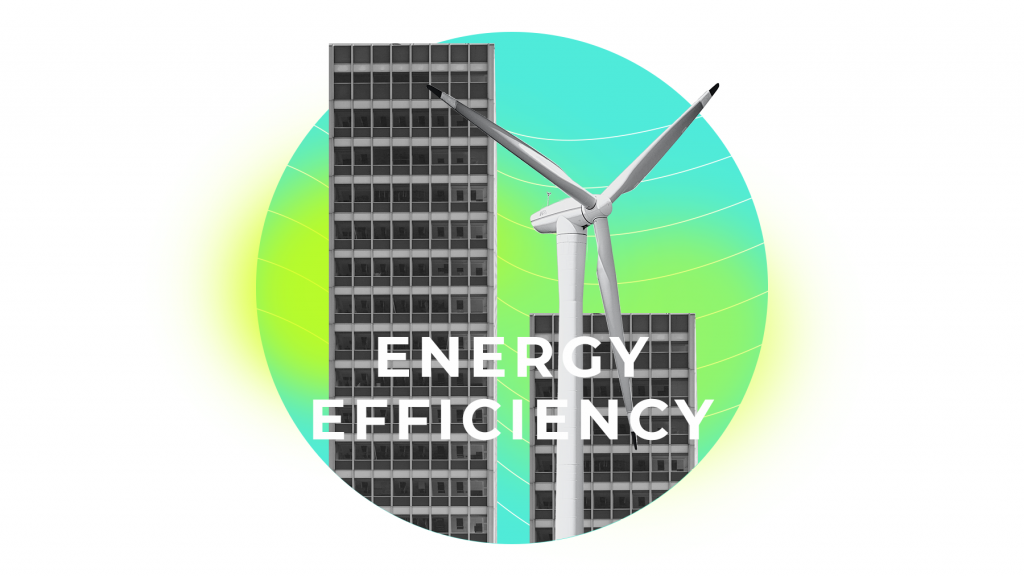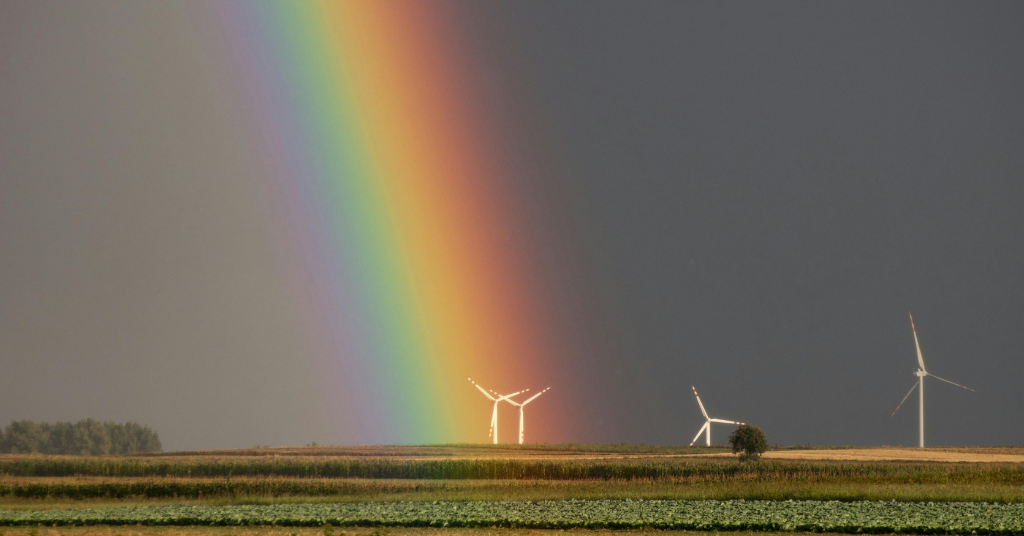As part of its ambitious Fit for 55 package, the European Union (EU) is taking significant strides toward achieving climate neutrality and reducing greenhouse gas emissions. A crucial element of this comprehensive plan is the revision of the EU energy efficiency directive. The primary goal of this proposal is to decrease final energy consumption at the EU level by 11.7% in 2030 compared to the projections made in 2020. This article explores the importance of energy efficiency in transitioning to a sustainable energy system, the benefits of saving energy, and the key provisions of the revised energy efficiency directive.
The Importance of Energy Efficiency in Achieving Climate Neutrality
To effectively combat climate change and reach climate neutrality goals, the EU recognizes that saving energy is just as vital as transitioning to cleaner energy sources. The energy efficiency directive is a crucial element of the Fit for 55 package, which aims to reduce emissions by at least 55% by 2030 compared to 1990 levels. As the EU looks to cut its greenhouse gas emissions significantly, increasing energy efficiency is essential for the following reasons:
-Reduced Greenhouse Gas Emissions: The EU can significantly reduce its carbon footprint by saving energy, contributing to the fight against climate change.
-Less Pollution: Lower energy consumption reduces air and water pollution, improving environmental health.
-Affordable Energy for Citizens: Energy efficiency measures can lead to cost savings for consumers, making energy more affordable for households and businesses.
-Reduced Dependence on Fossil Fuels: By using less energy, the EU can decrease its reliance on imported fossil fuels, enhancing energy security and promoting sustainable practices.
Understanding the New Rules: Energy Efficiency Targets and Measures
The revised EU energy efficiency directive introduces several vital provisions to accelerate energy efficiency efforts across member states. The proposed changes include:
-Increased Efficiency Targets: The new legislation makes it compulsory for the EU to reduce final energy consumption by 11.7% by 2030 compared to the energy consumption forecasts made in 2020. This represents a substantial increase in ambition to achieve greater energy efficiency.
-Gradual Increase in End-Use Savings: Member states must gradually increase their energy savings from 2024 to 2030. The target is for end-use energy savings to account for an average of 1.49% of total consumption annually, reaching 1.9% by the end of 2030. Key sectors such as buildings, transport, and industry will be involved in achieving these targets.
-Focus on the Public Sector: The public sector will promote energy efficiency. It must reduce its energy consumption by 1.9% annually, except for public transport and the armed forces. Additionally, the public sector will aim to renovate buildings equivalent to 3% of public building floor space annually to improve energy performance.
Conclusion
The Fit for 55 package’s energy efficiency legislative proposal signifies the EU’s commitment to embracing energy efficiency as a core component of its transition to a sustainable and climate-neutral future. The EU aims to significantly reduce its final energy consumption by 2030 by setting ambitious targets and implementing measures to accelerate energy savings. These efforts will help achieve climate neutrality and lead to cleaner air, reduced pollution, and enhanced energy security. Through such ambitious action, the EU sets an inspiring example for the rest of the world, showcasing the importance of energy efficiency in the fight against climate change.




